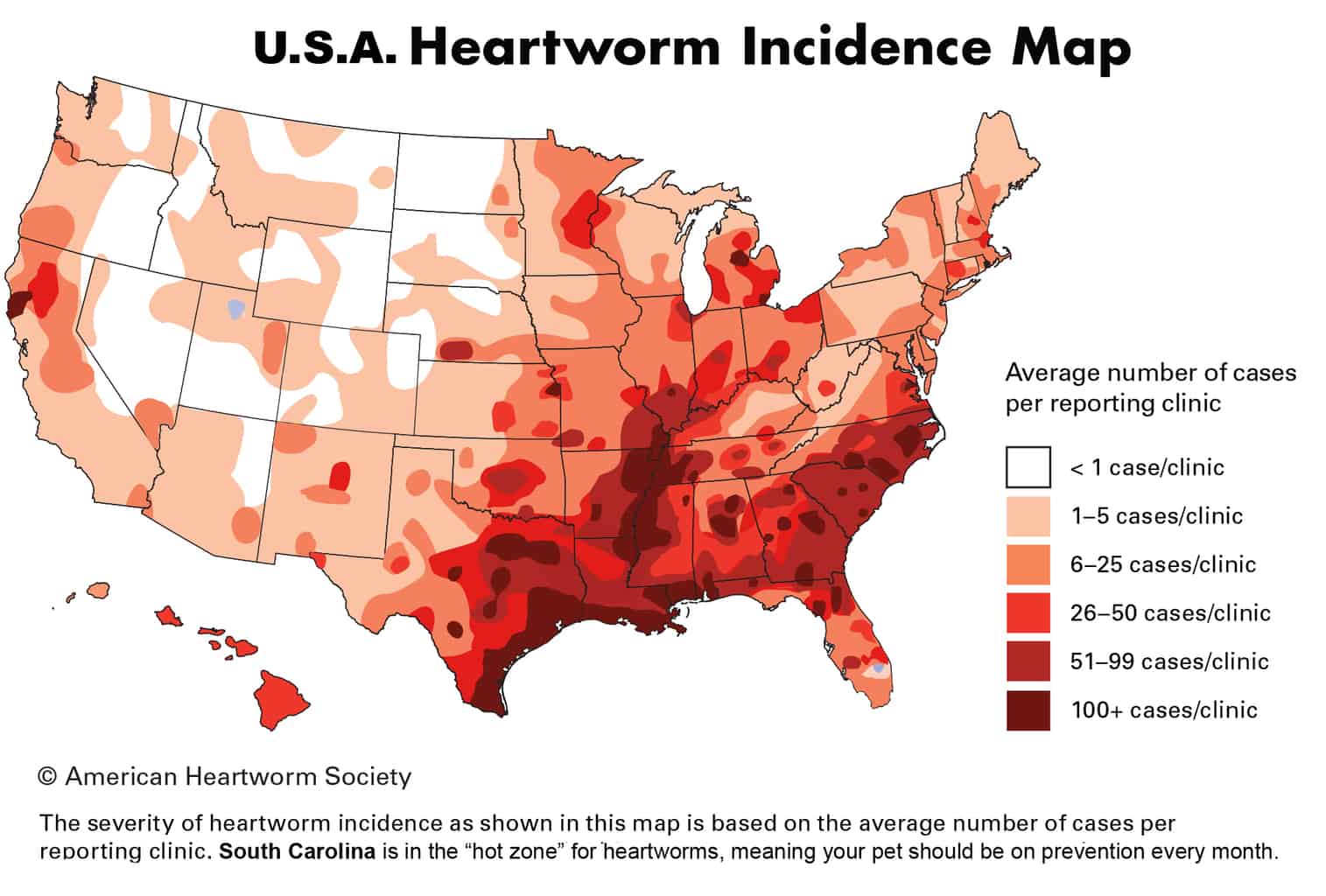

John Trumble, a distinguished professor of entomology at the University of California, Riverside, said environmental conditions are creating larger populations of smaller fleas and ticks that will eat more frequently, develop more rapidly and spread more pathogens.ĭrought in Texas and California has dried up small water sources that once served horses, sheep and other animals. “Flea season used to be seasonal too, but now we treat for fleas all year long,” Bernstein added. “Going back to sleep with undigested food could kill it,” she said.Īt work, Bernstein is surrounded by more evidence of climate change: twice as many kittens. But they were late going down this season and in mid-January, one of them was up walking around in 70-degree weather, Bernstein said. They normally hibernate from October or November to April or May. Madeline Bernstein, president of the Society for the Prevention of Cruelty to Animals Los Angeles, has even noticed changes in her 18-year-old tortoises, George and Mulan. She’s now the owner of Penny, a mixed-breed rescue, and she’s vigilant about checking Penny for ticks, especially after they go on hikes together. Unfortunately, oral heartworm prevention for cats is not available at this time.Margery Cooper, a dog owner in Brooklyn, New York, lost her beloved dog Scout to complications from Lyme disease a few years ago. In addition to heartworms, this topical medication also protects against fleas and intestinal parasites. This is especially important before starting or restarting monthly heartworm medication.įor heartworm prevention in cats, we recommend Revolution. Shop Heartworm & Flea Prevention for your pet from top brands at PetMeds and save.

A simple blood test will ensure your dog is not infected. In addition, we recommend annual heartworm testing for all dogs.

This oral medication also protects against fleas and intestinal parasites such as roundworms, hookworms and whipworms. We recommend Sentinel for heartworm prevention in dogs.

Fortunately, this disease can be easily avoided. There is no approved treatment available for cats. Treatment is possible in dogs, but can carry some degree of risk, depending on the severity of the infection. Heartworm infection is a serious and potentially fatal disease. The best way to protect your pet-whether he/she spends time outdoors or not-is to use monthly heartworm prevention. Protect your dog from heartworm disease, intestinal parasites, and flea population with SENTINEL SPECTRUM Chews and SENTINEL FLAVOR TABS. In fact, about 25 percent of cats diagnosed with heartworms are reported by their owners to be indoor-only! Sentinel 2-10 6 months 48.00 12 months 96.00 single dose 8.00. While pets who go outdoors are more likely to be exposed to heartworm disease, keep in mind that indoor pets are not immune. with previous sentinel dog and model prediction studies that showed heartworm transmission in. In the United States, this disease was once limited to the South and Southeast regions however, it is now found in most areas around the U.S. 1 College of Veterinary Medicine, University of Florida. Heartworm infection in pets occurs all over the world, particularly in areas where mosquitos are prevalent. Heartworms cannot be transmitted directly from one pet to another. Microfilaria live in the pet’s blood for about one month and may, in turn, be ingested by mosquitos feeding on the pet.īecause of this life cycle, it is necessary for a dog or cat to be bitten by a mosquito to be infected with heartworms. Once the larvae mature, they begin to release immature heartworms, known as microfilaria. The larvae migrate for several months before arriving in the heart or pulmonary arteries. These worms cause disease by clogging the heart and major blood vessels, resulting in reduced blood supply to other organs, such as the liver, kidney and lungs.īut how do they get into the heart? When an infected mosquito bites a dog or cat, it deposits heartworm larvae into the body. Heartworms are long, spaghetti-like parasites that live in the heart or pulmonary arteries. April is National Heartworm Awareness Month! Are your pets protected? Here’s what you need to know.


 0 kommentar(er)
0 kommentar(er)
